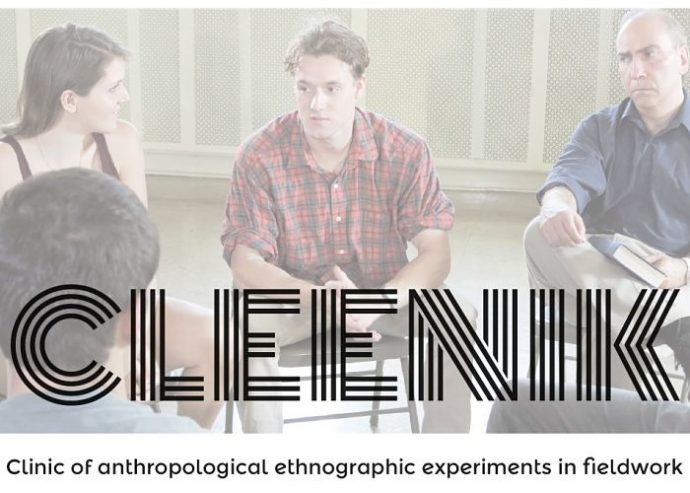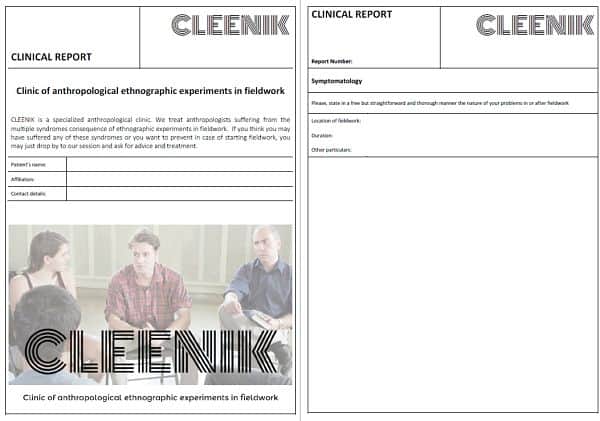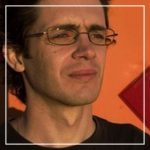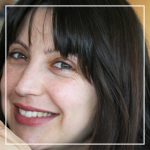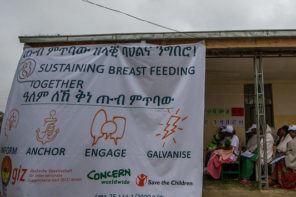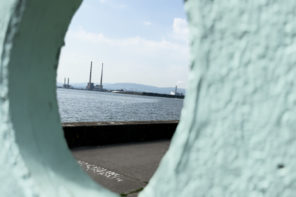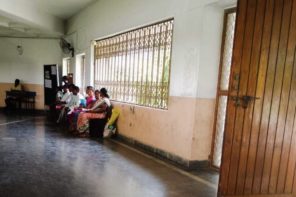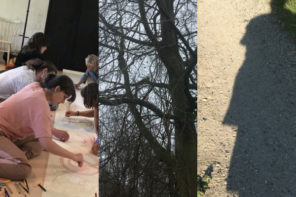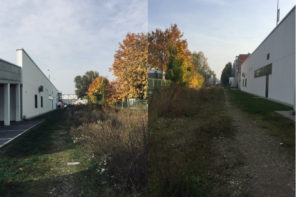Have you been affected by Ethnographic Experimentation Breakdown (EEB) or Excess of Engagement Stress (EES)? Are you suffering from breach-of-the-canon infection (BOTS)? Do you know how to detect the symptoms of Collaborative Fieldwork Disorder (CoFD) or Transdisciplinary/Interdisciplinary Associative Disorder (TRIAD)? If you have been experiencing some of these symptoms perhaps the CLEENIK integral treatment could be what you need. CLEENIK is a specialized anthropological clinic treating anthropologists suffering from the multiple syndromes consequence of ethnographic experiments in fieldwork.
This was our call for the laboratory that we organized in the last EASA conference (Milano, 2016). Laboratories grant spaces to play with academic formats and, hence, we took advantage of this opportunity to organize a meeting that staged a group therapy session for all those anthropologists whose fieldwork had taken an experimental detour. Our objective was to create the grounds for a discussion around the epistemic figure of ethnographic experimentation in fieldwork.
This session and our recent work on ethnographic experimentation stems from recent reflections contending that contemporary ethnographic fieldwork ‘is not what it used to be’ (as James D. Faubion and George E. Marcus phrased it in their edited book and debates on the transformation of the norm and form of fieldwork. We may refer to recent projects that have injected an experimental drive in their fieldwork, among them those of Paul Rabinow (in his collaborative work with Gaymon Bennett and Anthony Stavrianakis), Kim and Michael Fortun and Douglas Holmes and George Marcus.
Invoking the figure of experimentation is for us a provocation to investigate epistemic practices and descriptions of fieldwork that may not be encapsulated under the heading of participant observation.
What would ethnographic fieldwork look like if shaped by practices of experimentation? The previously referred authors offer some insights (this is the topic too of a book we have been editing and contributing to for the EASA book series, more on it here). Yet, describing their fieldwork in experimental terms instead of drawing on the trope of participant observation poses anthropologists (especially those in early career stages) difficult questions: Have I been too involved in my fieldwork? Have I correctly followed the method? Have I maintained a proper distance? We designed the workspace of the lab attempting to address scholars facing this kind of questions.
The idea for the CLEENIK was to open a therapeutic space to face the worries that appear in experimental fieldwork, those situations that seem to transgress the methodological canon. It is a playful façade for a topic we take very seriously, an investigation into the appropriate venues to share and discuss these fragile and vulnerable methodological situations. The reference to a therapy group intends to underlie the need for intimacy and care, complicity and collaboration when discussing certain crucial situations of our fieldwork experiences.
The CLEENIK session lasted 90 minutes, in which each participant played alternatively the role of patient and doctor – these positions were made reversible (thanks, Alfred Gell!). The dynamic was organized in four parts around a mundane technology: a file card designed as a clinical report aimed at prompting reflection (here is a sample, feel free to use it). First, each ‘patient’ was asked to fill in a clinical report, where she or he would describe his/her ‘fieldwork symptoms’. Second, each of them passed the report to the participant nearby, who would then analyse these symptoms, identifying the disorder and providing a diagnosis (prior to the start of this we had introduced the Ethnographic Disorder Manual v1.0 who could guide them in the process of attributing syndromes or in compiling new ones. Third, the clinical report was passed again to a third participant who then offered a treatment proposal. In the final stage we shared all the contributions (where some new syndromes were identified like the terrible Lack-of-Funditis) and opened a debate with the lab participants.
The CLEENIK prolongs and adapts for anthropological audiences a methodology we had previously tested in an event organized in Spain in collaboration with ColaBoraBora, a group of cultural researchers that had been part of the fieldwork of some of us. We drew inspiration from their methodologies and brought them to our discipline. Organizing this lab we somehow wanted to bring these ‘foreign’ creative and epistemic resources into our disciplinary spaces. The lab thus evinces a topic of our interest: working with these experts, we wonder how we can use the ‘epistemic contamination’ we experienced in our collaborations to transform our anthropological practices.
We know very well that often, as anthropologists/social scientists, we appear to the eyes of those professionals we study as “too literal” and “too serious”, so bringing an ironic and playful inflection (that, by the way, we think is very appropriate for Allegra’s sensibility) we wanted to self-reflexively play with our anthropological practices and disciplinary-methodological assumptions. Needless to say that perhaps our condition of southern European early academics and our heightened sense of the precariousness of (academic) life, much contributed to the fearless use of such strange-to-the-discipline techniques, we did it to have fun – fun also being a desperate strategy of academic survival.
But acknowledging that fun is also temporary, we want to introduce a proposal to open a permanent space for those playful and experimental moments, the biggest proposal of the closing moments of the laboratory being devoted to discussing the interest to promote an EASA network Colleex: A Collaboratory for Ethnographic Experimentation.
We will explain the rationale for the network in tomorrow’s post.

